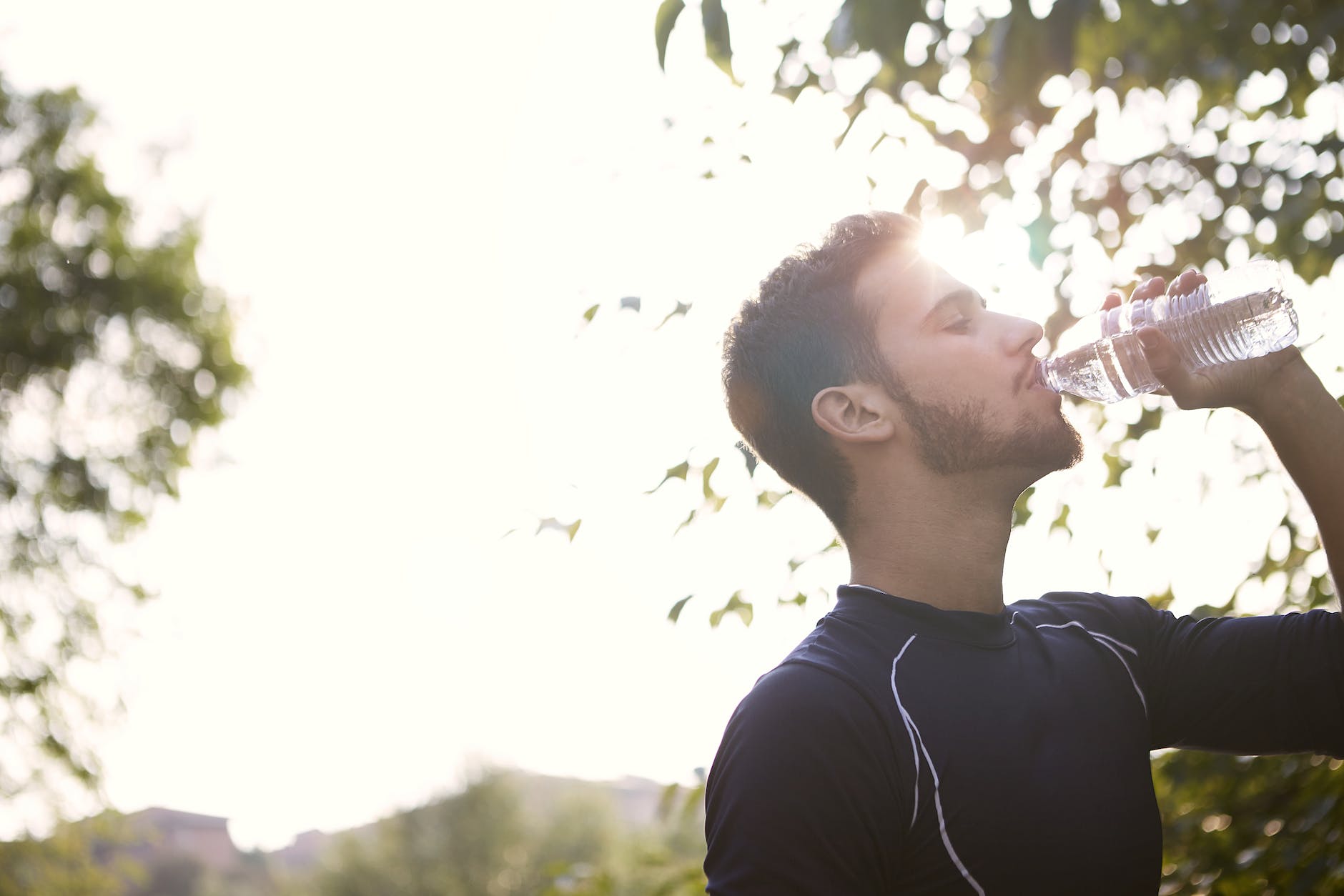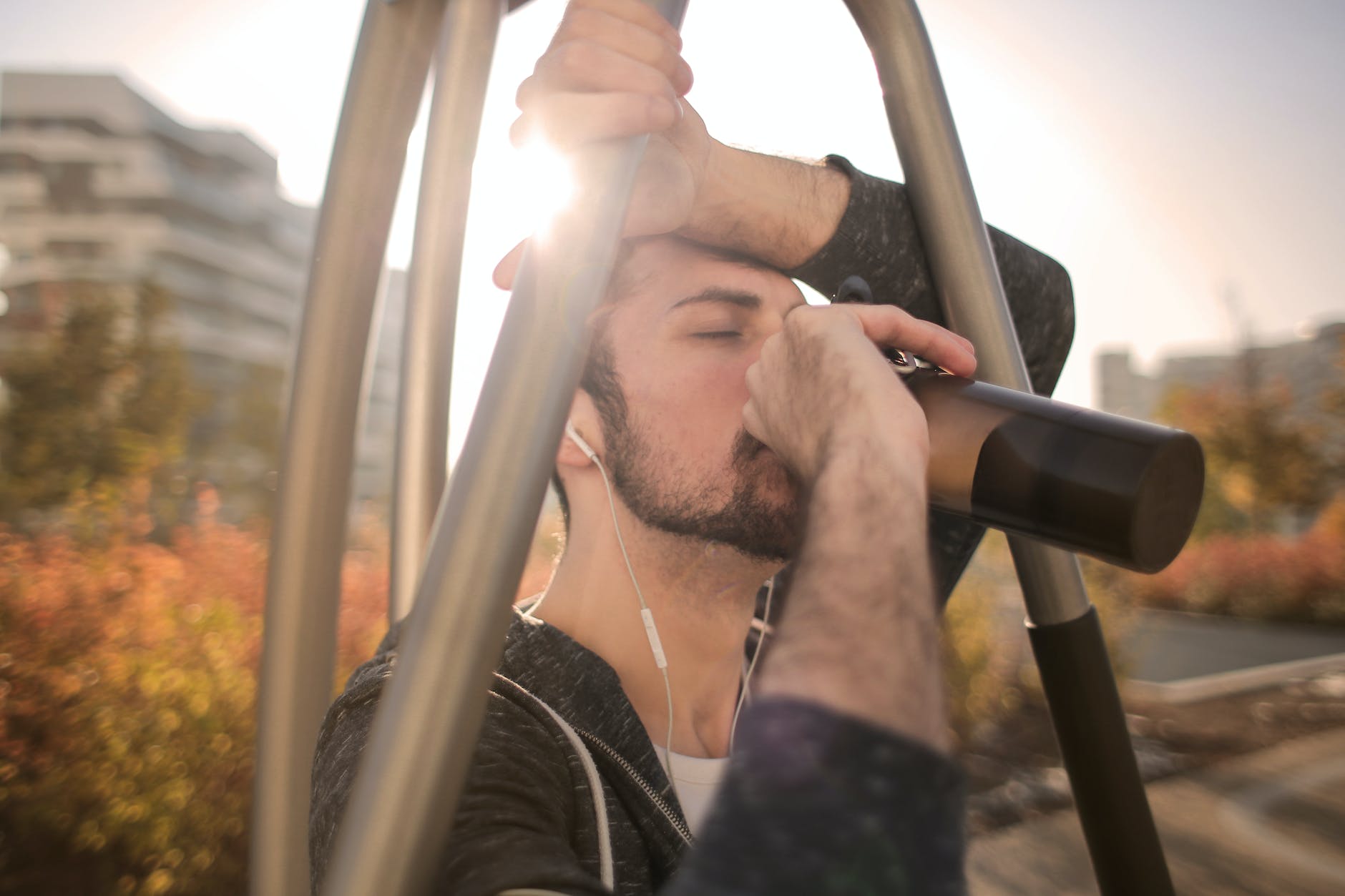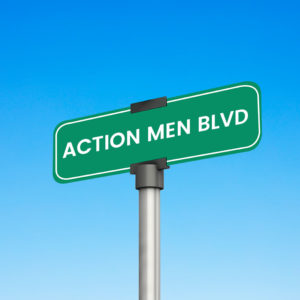
In the world of fitness and health, hydration on exercise efficiency is often considered as important as the workout itself. When we exercise, we lose water through sweat. This water needs to be replaced for the body to function efficiently and prevent dehydration. Hydration not only impacts our physical performance but also aids in recovery after exercise.
Fitness enthusiasts, athletes, and trainers worldwide emphasize on the importance of staying hydrated before, during, and after a workout. Proper hydration prevents muscle fatigue, keeps the joints lubricated, and helps transport nutrients to give you energy and keep you healthy. If you’re not hydrated, your body can’t perform at its highest level.
The importance of hydration cannot be understated. It is a key factor that influences our workout potential and overall fitness. It influences your strength, coordination, and endurance, making it a crucial element in your workout routine.
Understanding the science of hydration and physical performance
Hydration is not just about quenching your thirst. It’s a complex process that impacts various physiological functions. When we exercise, our body temperature rises. To cool down, our body produces sweat, which evaporates and helps lower our body temperature. However, this process also results in the loss of body fluids.
Water constitutes about 60% of our body weight and is involved in various bodily functions. It helps in digestion, absorption, transportation of nutrients, and maintenance of body temperature. When we exercise, our body needs more water to compensate for the fluid loss. The lack of sufficient water in our bodies can lead to dehydration, which can severely impact our physical performance.
“Hydration is the silent hero of health. It lubricates our journey, fuels our performance, and whispers life into every cell. Do not underestimate the power of a simple glass of water.”
Dehydration can affect the body’s ability to control temperature, reduce motivation, increase fatigue, and make exercise feel much more difficult, both physically and mentally. Proper hydration, on the other hand, can enhance performance, improve endurance, reduce fatigue, and aid in recovery after exercise.
Dehydration and its effects on workout efficiency
Dehydration during workouts is more common than we think. It doesn’t just happen during intense workouts or in hot weather. Even mild dehydration can impact our workout efficiency. It can lead to reduced coordination, muscle fatigue, and increased risk of injury.
When you’re dehydrated, your body has to work harder to maintain its core temperature, transport oxygen, and fuel your muscles, which can lead to premature fatigue. Your heart rate also increases, and your body’s ability to recover after exercise decreases.
Besides these physical effects, dehydration can also affect your mental performance. It can lead to decreased concentration, alertness, and short-term memory, which can negatively impact your workout efficiency.
How proper hydration enhances workout potential
Hydration plays a critical role in enhancing workout potential. When you’re well-hydrated, your heart doesn’t have to work as hard. You’ll find that your workouts are more comfortable, and you can perform at your best.
Proper hydration can help maintain your body’s balance of electrolytes, which are critical for muscle contraction. It also aids in digestion and nutrient absorption, providing your muscles with the energy they need during workouts.
Hydration also keeps the body’s joints lubricated, reducing the risk of injury during physical activity. It helps in maintaining body temperature and reducing the risk of heat stress during intense workouts. So, staying well-hydrated doesn’t just improve your performance; it also increases your safety during workouts.

Strategies for maintaining hydration during workouts
Maintaining hydration during workouts starts well before you begin exercising. It’s important to start your workout well-hydrated. A good measure is to drink at least 2-3 cups of water a few hours before your workout.
During workouts, the amount of water you need depends on the intensity of your workout, the weather, and your body size. A general rule is to drink about half a cup to two cups of water every 15 to 20 minutes during your workout.
Post-workout, rehydration is key. It’s important to replace the fluids and electrolytes lost during the exercise. A good strategy is to drink at least 2-3 cups of water after your workout. You can also consider consuming sports drinks that contain electrolytes to replenish the lost salts.
The role of hydration in recovery after exercise
Hydration plays a significant role in the recovery process post-exercise. Post-workout recovery is as important as the workout itself. Proper hydration plays a key role in this process.
After a workout, your body needs to replenish the fluids and electrolytes lost through sweat. Hydration aids in this recovery process by helping to restore fluid balance, reduce inflammation, and assist in muscle repair.
Moreover, hydration helps transport nutrients to your muscles, aiding in their recovery and growth. It also helps maintain your body’s core temperature and reduce the risk of heat-related illnesses.
Top hydration drinks for workouts
While water is the best source of hydration, there are several other drinks you can include in your workout routine for optimum hydration. Sports drinks can be beneficial, especially for long or high-intensity workouts. They contain electrolytes like potassium and sodium that help replace what’s lost through sweat.
Coconut water is another great option. It’s a natural source of electrolytes and is lower in calories compared to most sports drinks. Fruit juices can also be a good source of hydration, but be cautious about their high sugar content.
Remember, while these drinks can assist in hydration, they should not replace water. Make sure water is your primary source of hydration.
Real-life stories: The impact of hydration on exercise efficiency
Many athletes and fitness enthusiasts swear by the positive impact of hydration on their workout efficiency. Take the case of Sarah, a marathon runner. She used to struggle with fatigue and muscle cramps during her long runs. However, once she started focusing on her hydration, she saw a significant improvement in her endurance and recovery.
Then there’s Joe, a bodybuilder who used to struggle with post-workout recovery. He would often feel exhausted and sore long after his workout. But once he prioritized hydration, not only did his recovery time improve, but he also saw better muscle growth.
These stories highlight the critical role hydration plays in improving exercise efficiency and underscore the importance of maintaining proper hydration levels during workouts.

Common myths about hydration and exercise
Despite its importance, there are several myths associated with hydration and exercise. One such myth is that if you’re thirsty, you’re already dehydrated. Thirst is your body’s way of signaling that it needs more fluids, but it doesn’t necessarily mean you’re dehydrated.
Another common myth is that everyone needs to drink eight glasses of water a day. The amount of water you need depends on various factors like your age, gender, weight, activity level, and the climate you live in.
It’s also a myth that drinking lots of water can prevent muscle cramps. While dehydration can contribute to cramping, it’s not the sole cause. Overuse of the muscles, muscle fatigue, and lack of electrolytes can also lead to cramps.
The Science Behind Muscle Recovery: Effective Strategies for Post-Workout Healing
Conclusion: Key takeaways on hydration’s impact on workout efficiency
Hydration plays a critical role in workout efficiency, performance, and recovery. It’s not just about drinking water; it’s about maintaining the body’s fluid balance, replenishing lost electrolytes, and aiding in the recovery process post-exercise.
It’s important to start your workout well-hydrated and continue to hydrate throughout your workout. Post-workout, focus on rehydration and replenishing lost electrolytes.
Hydration is not a one-size-fits-all approach. The amount of water you need depends on various factors. So, listen to your body, understand its needs, and hydrate accordingly. Remember, proper hydration is the key to unlocking your workout potential.
Mastering the Basics: A Comprehensive Guide to Muscle Building for Beginners









For hydration, I recommend herbal teas that offer antioxidants and flavor without sugar. Here you can find more about it: https://www.healthline.com/nutrition/10-herbal-teas
Exercise and hydration are important! Adjust fluid intake during workouts.
Crucial insights on hydration and exercise efficiency! As a health expert, I recommend personalized hydration plans based on individual needs and activity levels.
Well-articulated article on hydration and exercise. From a health perspective, consider integrating electrolyte-rich foods like bananas to optimize hydration during workouts.
I’d emphasize the importance of hydrating not just during but before and after workouts for optimal performance.
Informative read on hydration and exercise efficiency. My health tip: include coconut water in your hydration routine—it’s a natural electrolyte source with added benefits.
Excellent breakdown of hydration’s impact on exercise. Health-wise, it’s crucial to monitor urine color; light yellow indicates proper hydration. Stay informed, stay fit!
Kudos on demystifying machine learning! For computer engineers, engaging in collaborative projects and contributing to open-source ML projects can be a rewarding learning experience.
Comprehensive guide to machine learning basics! As a computer engineer, consider experimenting with various ML algorithms and fine-tuning hyperparameters for a deeper understanding.
As Dr, I’d like to mention that celery and pineapple juice have numerous health benefits. A tasty addition to a balanced diet!